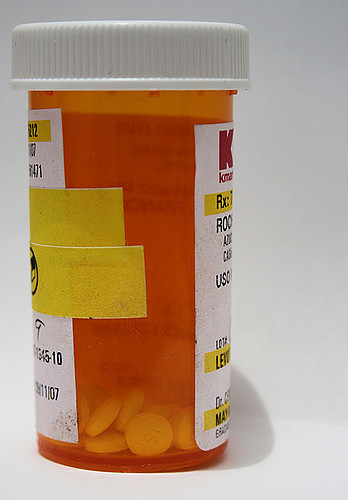Earlier this month, the Food and Drug Administration (FDA) held an important public hearing on “off-label” marketing of drugs and medical devices to physicians. When medical products are prescribed “off-label,” the FDA has not approved them as safe and effective for the treatments for which they are being used. To date, “off-label” marketing has been illegal, as it violates the very basis of why we have an FDA.
Over the past few years, corporations have been claiming in lawsuits that the restrictions on “off-label” marketing violate their free speech, and they have been making some headway against the FDA. On November 9 and 10, FDA officials heard from both corporate advocates as well as consumer group advocates and people who have been harmed by off-label use of drugs and devices.
Doctors often prescribe drugs for uses that the FDA have not been officially approved; they are free to practice medicine as they see fit. But, often experts argue that 80% of off-label prescribing is “not based on strong medical evidence.”
Sometimes off-label prescribing is well-justified. For example, many drugs are not tested in children or in people with rare diseases and may not be approved for them. As a result, doctors who treat these patients often must use drugs off-label. Drug and device companies also often don’t do the testing for additional uses because it is not worth the cost to them. After patent protection expires on their medical products, they don’t expect to make much money off of them.
Doctors have many ways of learning about drugs and other treatments, besides directly from industry sales representatives and ads. They may read journal articles and clinical practice guidelines or gain knowledge from disease advocacy groups and professional organizations.
Corporations say they should be able to advertise with any information that is truthful and not misleading. And there’s the rub. Who decides the truth? Who decides whether the evidence presented really does mean a drug or device is helpful and the risks it entails are worth it?
Unfortunately, one can’t depend on evidence from peer-viewed journals. Time and time again, even randomized controlled trial evidence that gets published has been shown to be inaccurate. Companies use inappropriate statistical methods in analyses, for example, or leave out data or participants they shouldn’t have.
Clinical practice guidelines are often no better and are another way pharmaceutical corporations, with their rich coffers, incent doctors to prescribe medical products that may not be safe or effective, according to Dr. John Ioannidis , who established a center at Stanford to study bias in research, and many others.
Drug companies spend around $27 billion annually on marketing. Fines of even billions of dollars for violations of the off-label marketing laws are written off as “the cost of doing business.”
The FDA continues to collect input on the issue and hopes to update guidelines on the issue next year that will be fair to both manufacturers and to consumers.
Here’s more from Just Care:
- Six tips for keeping your drug costs down if you have Medicare
- Side effects of drugs prescribed off-label often serious
- Bitter pills: Once popular drugs pulled from the market
- New FDA rules allow companies to decide what food is safe










